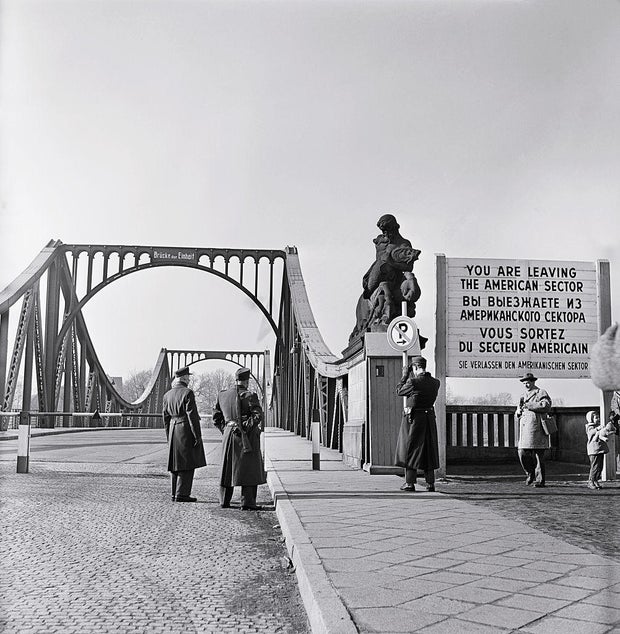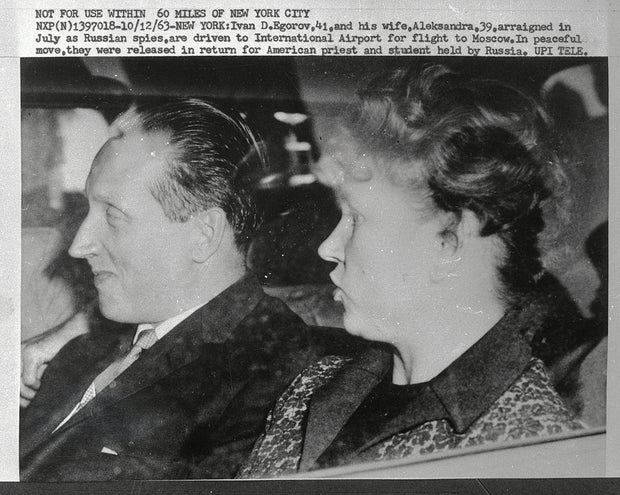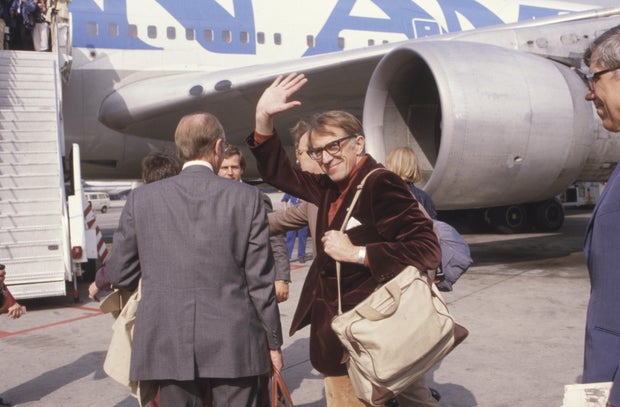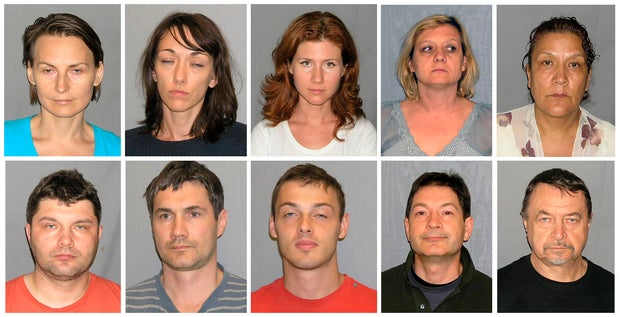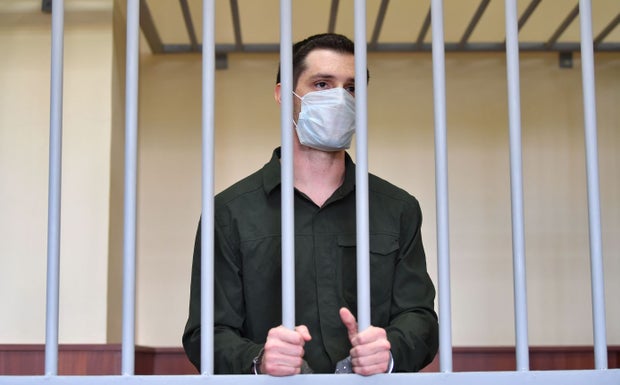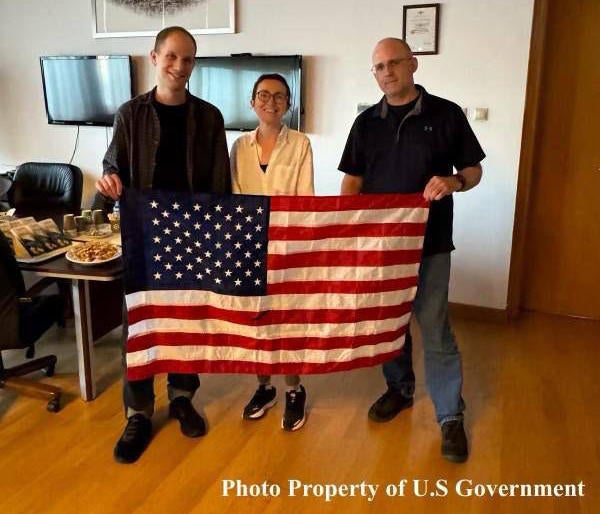Washington — In the largest international prisoner exchange since the Cold War, 24 prisoners were traded on a tarmac in Ankara, Turkey, on Thursday in a deal involving seven countries.
The complex deal, which secured the release of Wall Street Journal reporter Evan Gershkovich and former Marine Paul Whelan, was months in the making, with American and Western diplomats working for months to secure the release of 16 prisoners in exchange for eight individuals sought by Russia.
While high-profile prisoner trades have happened between Washington and Moscow for decades, they have, until recent years, typically involved spies. More recently, they’ve involved Americans who the U.S. considered to be wrongfully detained — former Marines, a journalist and a women’s basketball star.
Here’s a look at some of the notable exchanges:
Feb. 10, 1962
The first major exchange between the U.S. and the Soviet Union took place more than 60 years ago on Glienicke Bridge, which connected West Berlin to East Germany and later became known as the “Bridge of Spies.”
The U.S. traded convicted Soviet spy Rudolf Abel for pilot Francis Gary Powers, whose spy plane had been shot down over the Soviet Union. As part of the February 1962 deal, Frederic Pryor, an American graduate student who had been detained in East Berlin on suspicion of spying, was also released.
Oct. 11, 1963
The next year, the U.S. freed two alleged Soviet spies, Ivan Egorov and his wife Aleksandra, in exchange for two Americans imprisoned on espionage charges. The Americans freed were student Marvin Makinen, who was arrested in Kyiv in 1961, and Walter Ciszek, a Jesuit missionary arrested in the Soviet Union in 1941.
April 27, 1979
The Soviets released five dissidents, including Aleksandr Ginzburg, in exchange for two Russians convicted of spying in the U.S.
September 1986
The U.S. made an exchange to secure the release of American journalist Nicholas Daniloff, who was arrested in Moscow on allegations of espionage. His brief detainment in a KGB prison was believed to be in retaliation for the arrest of accused Soviet spy Gennadi Zakharov. As part of the deal, Zakharov was allowed to plead no contest in court and was sent back to the Soviet Union, while imprisoned dissident leader Yuri Orlov was also released to the U.S.
July 9, 2010
One of the largest prisoner exchanges between the U.S. and Russia since the Cold War occurred on the tarmac in Vienna, Austria. Washington handed over 10 Russian spies who had lived undercover in the U.S. for years until their arrests in 2010 by the FBI. In exchange, released four of its own citizens to the West, including Sergei Skripal, a former Russian spy who was imprisoned for passing secrets to British intelligence.
April 27, 2022
Marine veteran Trevor Reed was handed over to the U.S. on a Turkish tarmac, nearly three years after he was arrested during a drunken night out on allegations that he assaulted two police officers.
In return, the U.S. freed Konstantin Yaroshenko, who was serving a 20-year prison sentence for drug smuggling.
Dec. 9, 2022
Months later, WNBA star Brittney Griner was traded for Russian arms dealer Viktor Bout, who was nicknamed the “Merchant of Death,” on an airport in Abu Dhabi.
Griner was arrested earlier that year at a Moscow airport when vape canisters containing cannabis oil were found in her bags. She was sentenced to nine years in prison on drug charges.
Arrested in 2008, Bout was serving a 25-year prison sentence in the U.S. for conspiring to sell weapons to people who intended to kill Americans.
Aug. 1, 2024
Among the prisoner releases in recent years, Whelan was the first to be detained in Russia in 2018. He was convicted on espionage charges, that he and the U.S. vehemently deny, and sentenced to 16 years in prison in 2020.
Gershkovich had been detained since March 2023, when he was arrested during a reporting trip. He was the first American journalist to be accused of espionage by Moscow since Daniloff in 1986. Last month, he was sentenced to 16 years in prison in what the U.S. called a “sham” trial.
Russian-American journalist Alsu Kurmasheva, who was based in Prague, was arrested in June 2023 after visiting her mother in Russia. Authorities charged her with disseminating false information about Russia’s military and sentenced her to more than six years in prison in July.
Unlike Whelan and Gershkovich, the U.S. never deemed her to be wrongfully detained.

